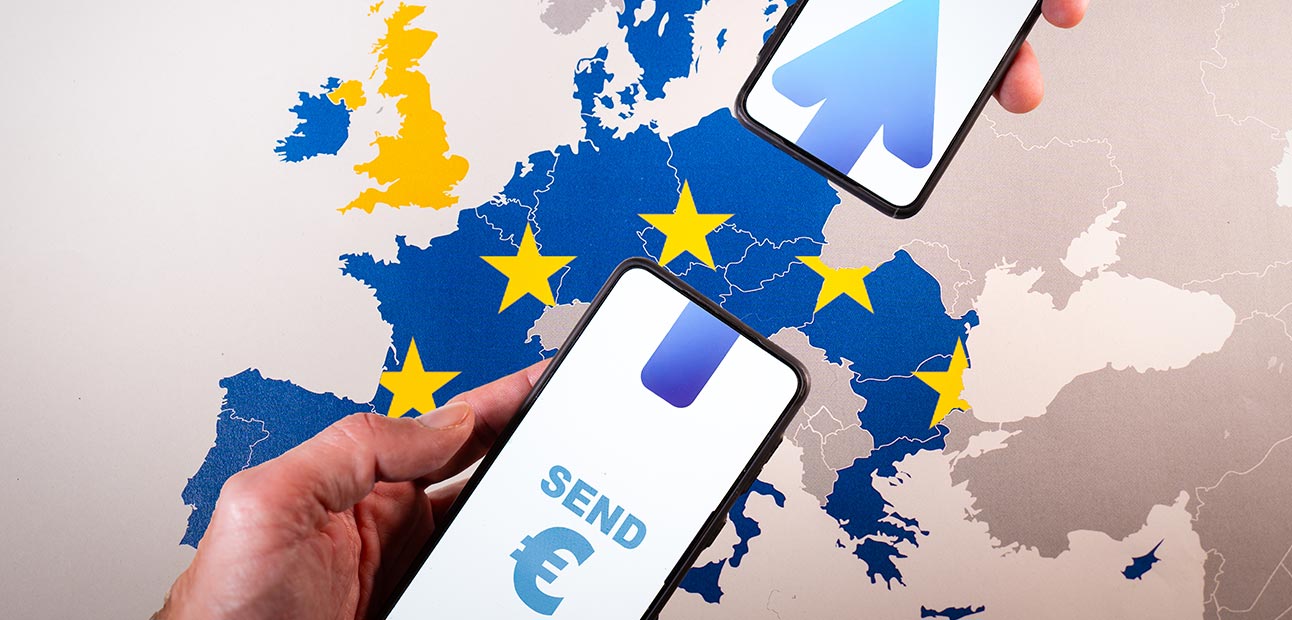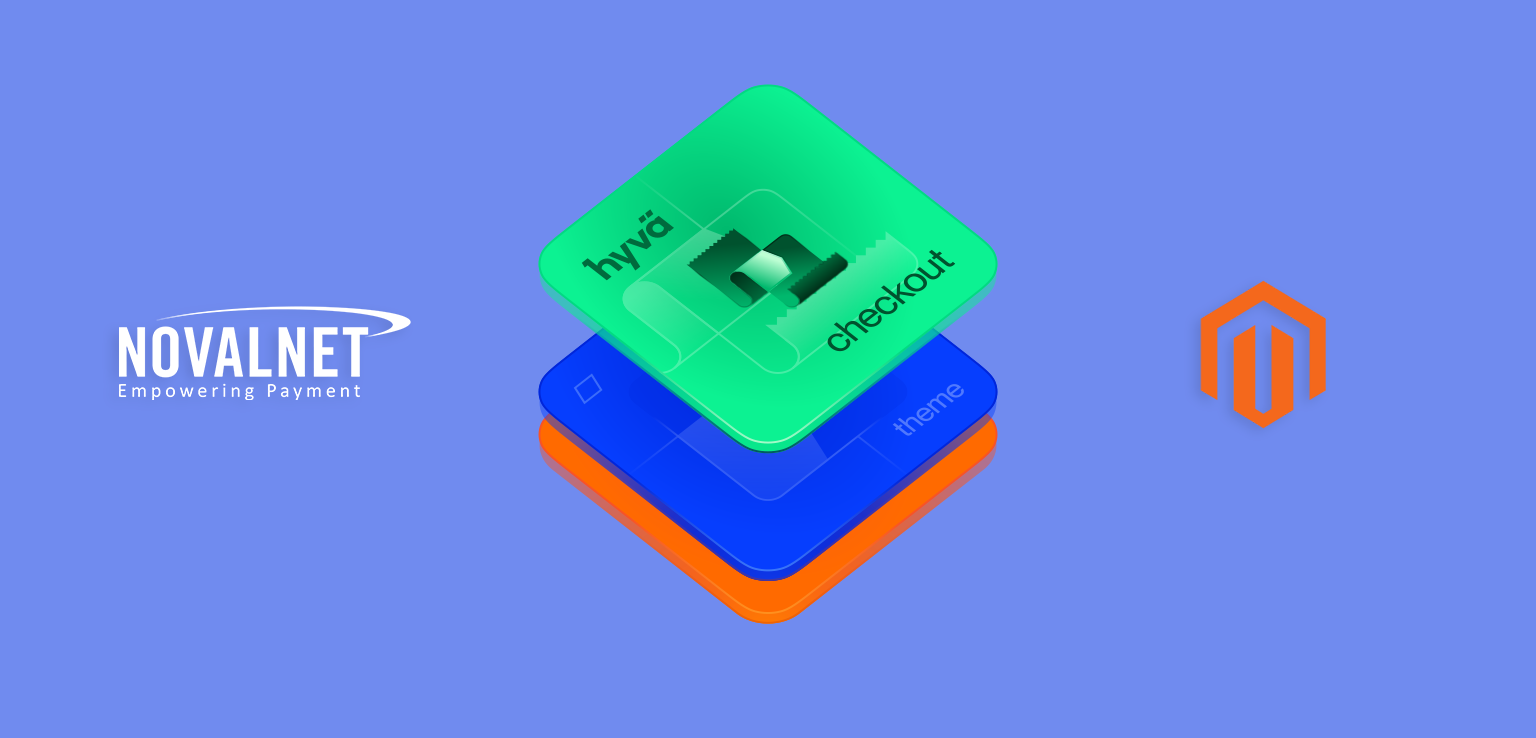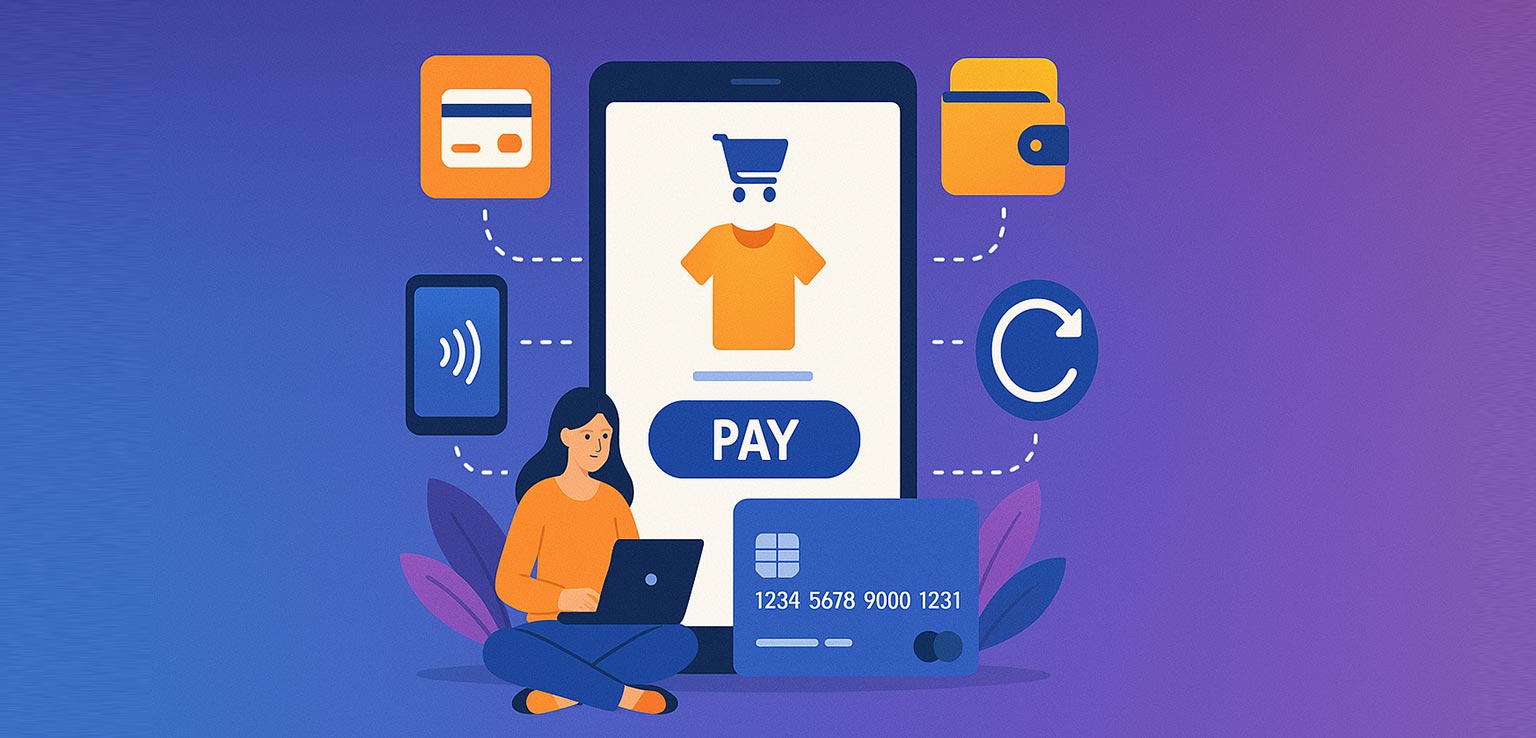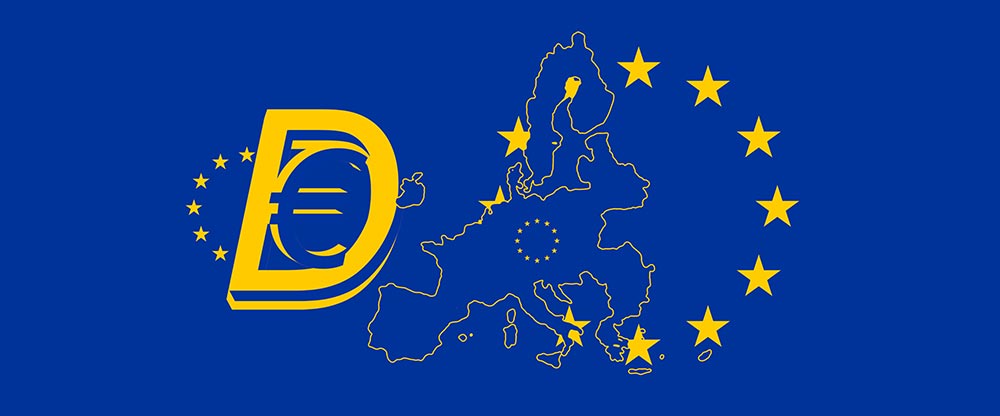Author: Antony Robinson
We are proud to announce that Novalnet has been ranked first place in the Payment & Fintech category at the E-Commerce Germany Awards 2026 — a leading industry recognition celebrating excellence and innovation across Europe’s digital commerce ecosystem. This achievement reflects Novalnet’s continued commitment to delivering regulated, scalable, and future-ready payment infrastructure designed to support […]
SEPA Direct Debit is the backbone of recurring and account-to-account payments across Europe. It allows businesses to collect money directly from a customer’s bank account using a standardized legal and banking framework that works across more than thirty European countries. For merchants operating in the EU and UK-connected markets, SEPA is not simply another payment […]
Novalnet’s Magento 2 Hyvä Checkout Integration: A Game-Changer for Speed, Simplicity, and Conversion
The checkout experience can make or break an online sale. Even the most beautifully designed e-commerce stores lose nearly 70% of customers at checkout due to friction, delays, or poor user experience. Recognizing this, Novalnet has partnered with the Hyvä Checkout framework to redefine what Magento 2 checkout performance can be.
E-commerce has grown from a convenient alternative to traditional shopping into the dominant mode of retail. What was once a desktop-only experience with limited payment options has transformed into a global ecosystem that adapts to the needs of diverse consumers. At the heart of this revolution lies the evolution of payment systems.
Enterprises across Europe run on SAP—whether for finance, procurement, customer experience, or digital commerce. But when it comes to integrating payment processing, things can get complicated quickly. Traditional integrations are often clunky, time-consuming, and riddled with compliance risks. Even worse, they disrupt the flow of data between your SAP landscape and your finance or customer […]
Agentic Commerce is transforming how transactions are initiated and completed—by intelligent agents, not just humans. This in-depth guide explores how AI, autonomous systems, and programmable payments are reshaping the future of commerce and payment processing, and what businesses need to do to stay ahead.
The way we move money is changing. Not overnight, and not with loud fanfare. But steadily—underneath the surface of day-to-day transactions, under the rules of regulators, and across the servers of financial infrastructure providers.
France is a country that’s both fiercely proud of its traditions and surprisingly receptive to change, the way consumers and businesses handle payments reveals a lot about how France works—and how businesses outside it can succeed within it.
The B2B market today is filled with companies claiming the same qualities: efficiency, scalability, and innovation. However, these terms are becoming increasingly indistinct and fail to differentiate businesses in a meaningful way. In such a competitive environment, what truly helps a company stand out is a messaging strategy that speaks directly to the real needs […]
Subscription-based models have rapidly evolved from a niche offering to a mainstream expectation. Whether you’re running a SaaS business, offering online courses, managing a fitness center, or publishing exclusive digital content, one thing is certain: your ability to automate payments and reduce churn can make or break your business.
Businesses need more than just a way to accept payments in an increasingly digital world—they need reliable infrastructure, compliance, and future readiness. That’s where a payment service provider (PSP) comes in. This article breaks down what PSPs do, how they’re evolving across Europe, and what merchants should expect by 2026. What Is a Payment Service […]
As the popularity of cashback, loyalty, and bonus programs grows, so too do the regulatory challenges that accompany them—especially for providers operating within the European Union. These business models often rely on complex financial flows between third-party manufacturers, program operators, and consumers. This makes it essential to ensure that every transaction is processed in accordance […]






















